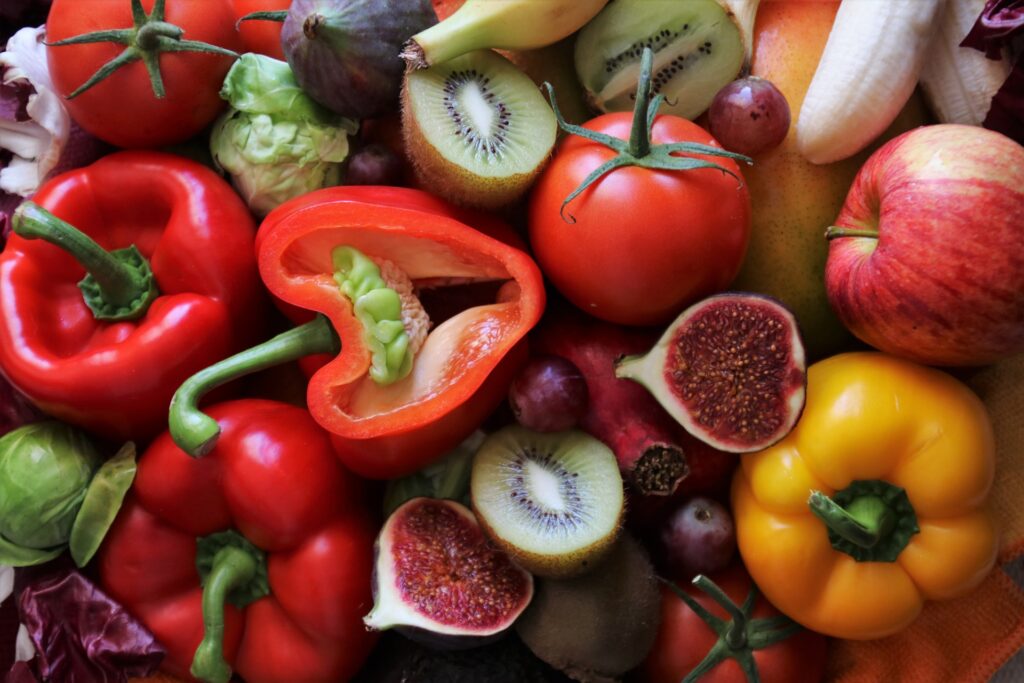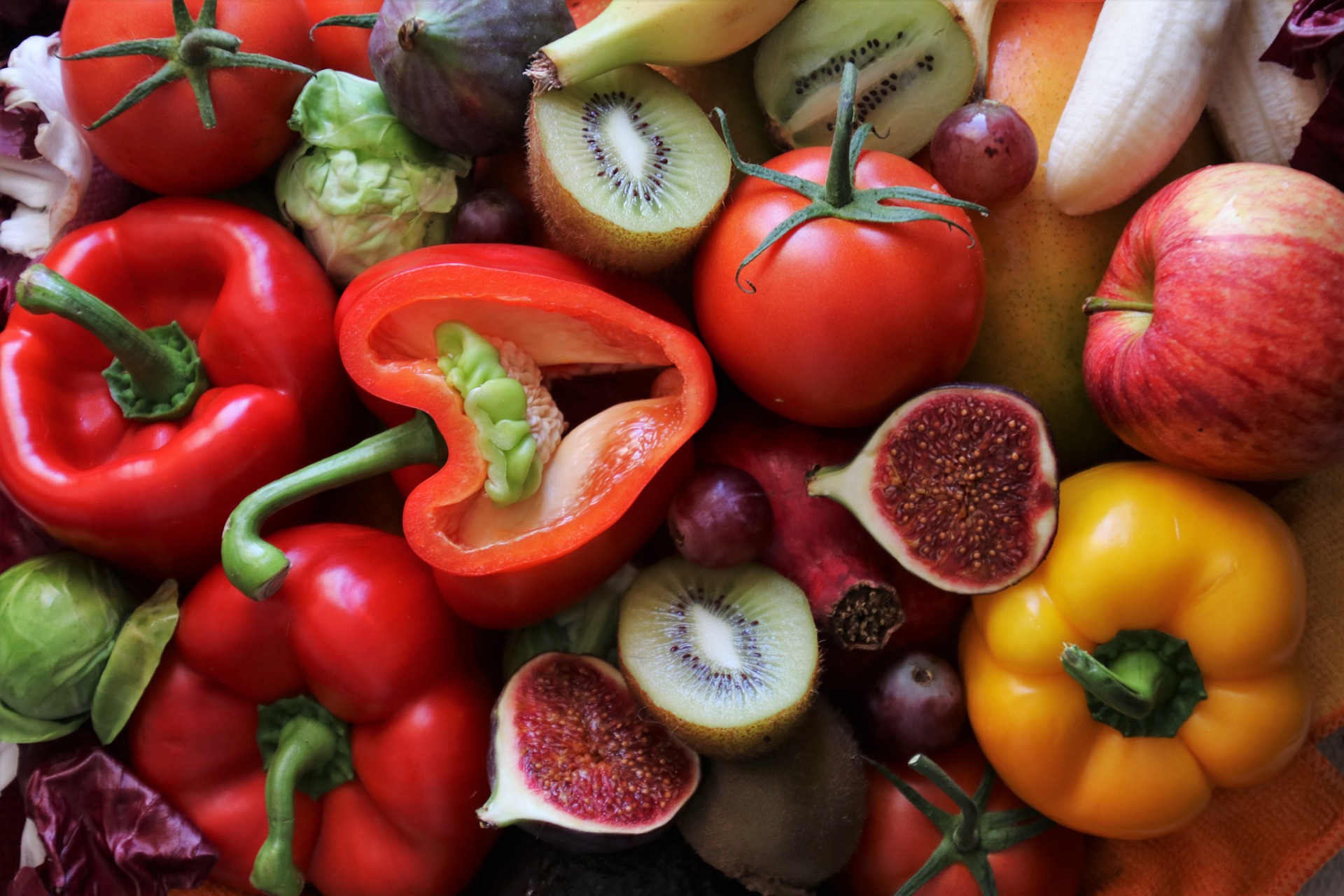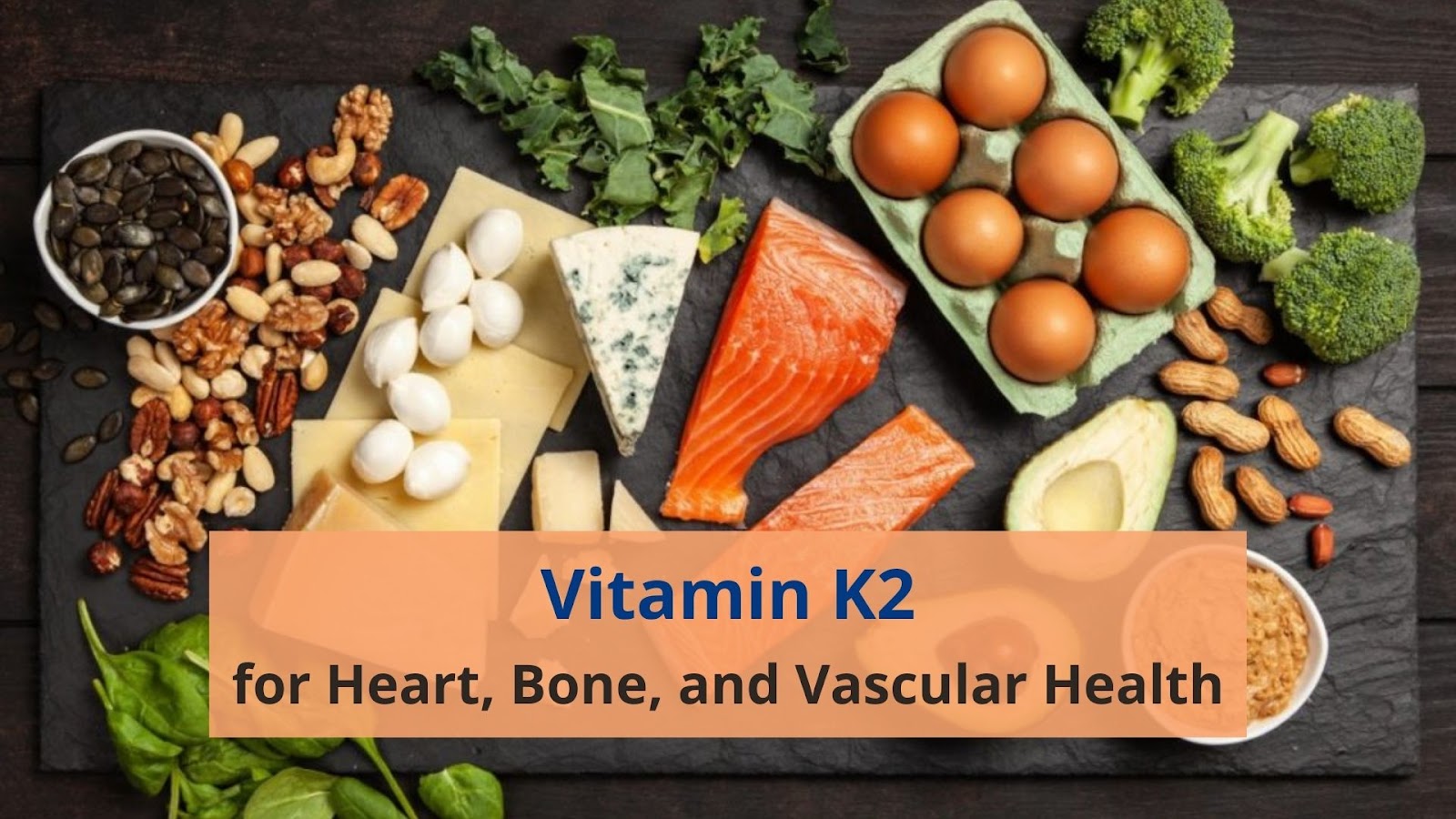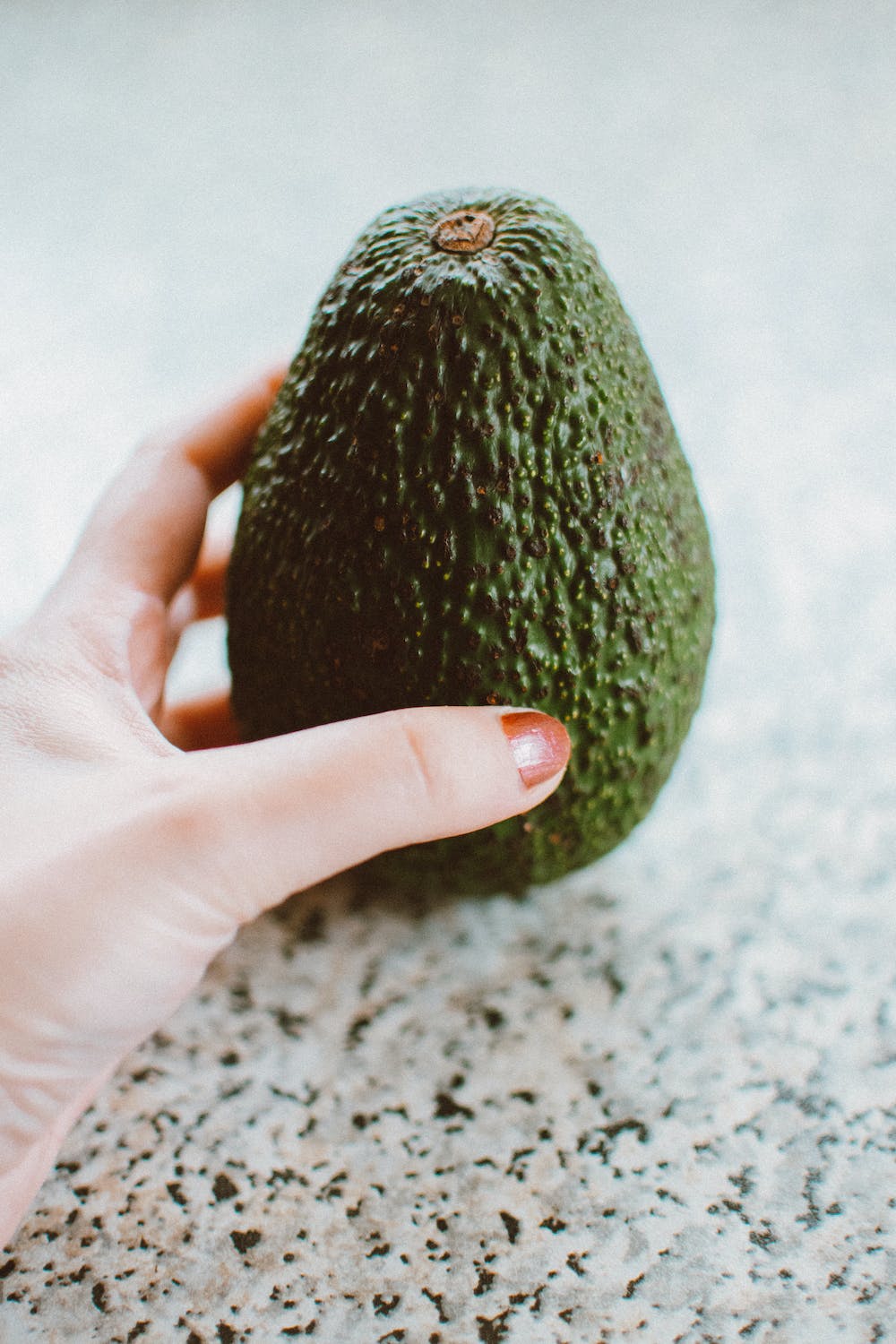Vitamin C, also known as ascorbic acid, is a water-soluble vitamin that plays a vital role in various bodily functions. It is an essential nutrient, meaning that the body cannot produce it on its own and must obtain it through diet or supplementation.

Vitamin C offers numerous benefits for the body, including:
- Supporting the immune system by stimulating the production and function of white blood cells
- Acting as an antioxidant to protect cells from damage caused by free radicals
- Promoting collagen synthesis for healthy skin, bones, and teeth
- Enhancing the absorption of iron from plant-based foods
- Supporting brain health and cognitive function
- Reducing the risk of chronic diseases such as heart disease, cancer, and cataracts
What are the risks of Vitamin C deficiency?
A deficiency in Vitamin C can lead to a condition called scurvy, which is characterized by symptoms such as fatigue, weakness, swollen gums, and joint pain.
Scurvy is rare in developed countries but can occur in individuals who consume a very low intake of Vitamin C or who have certain medical conditions that affect absorption or utilization of the vitamin.
What will happen if I have high doses of Vitamin C?
High doses of Vitamin C, typically administered through supplements, have been studied for their potential therapeutic benefits in a variety of conditions, including cancer, heart disease, and infections such as the common cold.
What are the risks of excessive Vitamin C intake?
Excessive intake of Vitamin C through supplements can lead to side effects such as diarrhea, nausea, and stomach cramps. Very high doses can also lead to more serious health concerns, such as kidney stones and interference with the absorption of other nutrients.
What food is highest in vitamin C?

Vitamin C is found in a variety of fruits and vegetables, including:
- Citrus fruits (oranges, lemons, limes, grapefruits)
- Berries (strawberries, raspberries, blueberries)
- Red and green peppers
- Pineapple
- Cruciferous vegetables (broccoli, Brussels sprouts, cabbage, cauliflower)
- Papaya
- Broccoli
- Brussels sprouts
- Tomatoes
Sources:
- Hemilä, H. & Chalker, E. (2013). Vitamin C for preventing and treating the common cold. The Cochrane Database of Systematic Reviews, 1(1), CD000980. https://www.cochranelibrary.com/cdsr/doi/10.1002/14651858.CD000980.pub4/full
- Carr, A. C. & Maggini, S. (2017). Vitamin C and immune function. Nutrients, 9(11), 1211. https://www.mdpi.com/2072-6643/9/11/1211/htm
- National Institutes of Health. Vitamin C. https://ods.od.nih.gov/factsheets/VitaminC-HealthProfessional/#h8
- Hickey, S. & Roberts, H. (2005). Ascorbate: The Science of Vitamin C. Lulu Press. https://www.ncbi.nlm.nih.gov/books/NBK24749/


